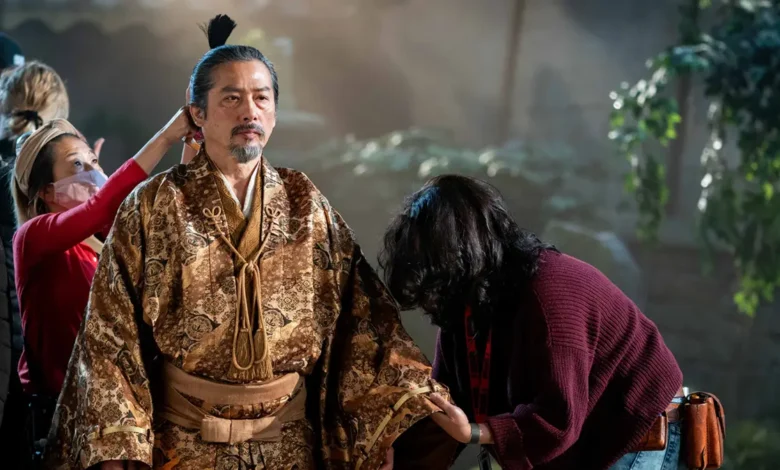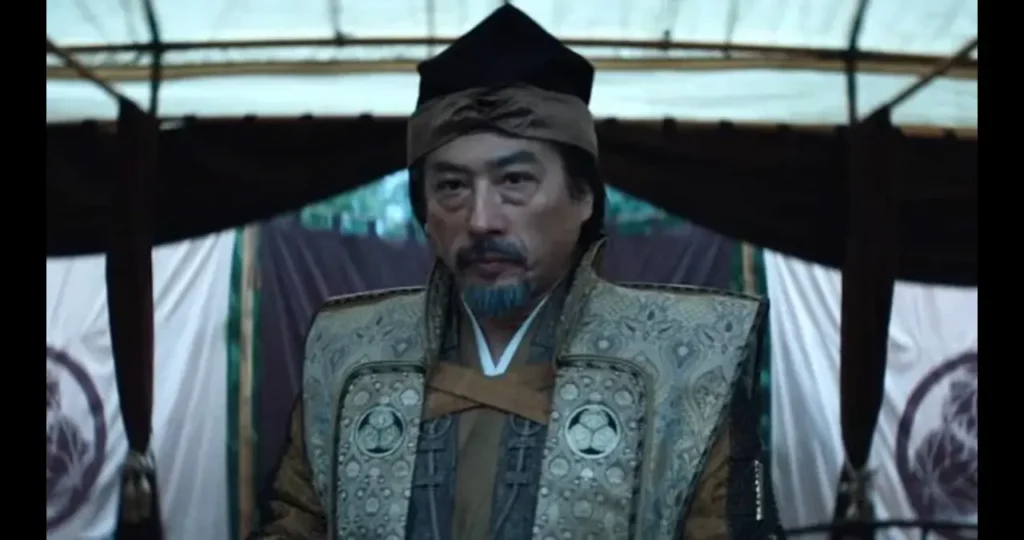Exploring the Term “Minowara” in Historical and Fictional Contexts

Introduction To Minowara
The term Minowara appears prominently in the 2024 FX series Shōgun, based on James Clavell’s novel set in 17th-century Japan. Although the Minowara family is fictional, the clan’s background and significance draw inspiration from real historical elements. In both the series and the novel, the Minowara bloodline plays a critical role in shaping political events, highlighting the central theme of power, lineage, and warfare in feudal Japan.
Origins and Meaning of “Minowara”
In Shōgun, refers to a powerful samurai bloodline. Historically, the Minowara clan is modeled after the Minamoto family, one of the most influential samurai clans in Japan during the Heian period (794–1185 AD). The Minamoto clan held immense political and military influence, eventually giving rise to the first shoguns—military dictators who ruled Japan from behind the throne
While the Minowara family in Shōgun is fictional, its historical parallel, the Minamoto clan, was integral to Japan’s political evolution, particularly through the establishment of the Kamakura Shogunate in 1192. This real-life parallel adds weight to the show’s portrayal of the Minowara clan’s importance.

The Role of the Minowara Clan in Shōgun
In the narrative of Shōgun, the protagonist, Lord Yoshii Toranaga, is part of the it bloodline. His lineage makes him a candidate for the title of shōgun, a military ruler who wields ultimate power in Japan. However, his path is fraught with danger, as other regents and political figures see him as a threat and conspire against him
Toranaga’s bloodline not only legitimizes his claim to power but also sets the stage for intense political intrigue. His heritage threatens other powerful figures who wish to control Japan, making him a target for betrayal and assassination. The idea of hereditary rule, as portrayed through the Minowara, reflects Japan’s historical reliance on familial lineage to secure positions of power.
Real-World Inspiration: The Minamoto Clan
The Minowara family’s story in Shōgun is deeply influenced by historical events involving the Minamoto clan, particularly the figure of Tokugawa Ieyasu. Ieyasu was a descendant of the Minamoto family and became the first Tokugawa shogun in 1603. His victory in the Battle of Sekigahara (1600) marked the end of a long period of civil war in Japan and led to over two centuries of peace and stability during the Edo period
Just as Lord Toranaga is depicted as a strategic mastermind and military leader, Tokugawa Ieyasu is historically known for his tactical brilliance and unification of Japan. His shogunate brought an era of cultural development and prosperity, further cementing the role of the shogun as a stabilizing force in Japanese society.
The Political Intrigue Surrounding Minowara in Shōgun
Political betrayal and warfare are central themes in Shōgun, with Toranaga’s Minowara bloodline serving as the focal point of these tensions. His rivals fear that if he becomes shogun, he will upset the balance of power. Much of the show’s drama stems from the plotting against Toranaga by those who seek to maintain their own influence
This aspect of the story mirrors historical events during Japan’s feudal era, where factions within the court and military frequently clashed over power. The real-life Minamoto clan was involved in similar political maneuvering, with rival factions such as the Taira clan vying for control over the imperial court.
Conclusion: The Enduring Significance of the Minowara Legacy
The term Minowara in Shōgun is not just a fictional invention but a representation of the intricate relationship between lineage, power, and politics in feudal Japan. By drawing inspiration from the Minamoto clan, the series paints a picture of a complex and often brutal era, where heritage could both elevate and endanger individuals.
In summary, the Minowara bloodline in Shōgun serves as a powerful symbol of hereditary authority and the constant struggle for dominance in Japan’s feudal society. Its deep roots in historical reality make the clan’s portrayal in the series both captivating and educational, illustrating the profound impact of lineage on political power in Japan. The concept of resonates with the real-life dynamics of the Minamoto clan and the legacy of the shogunate, showing the enduring relevance of these themes in storytelling.




